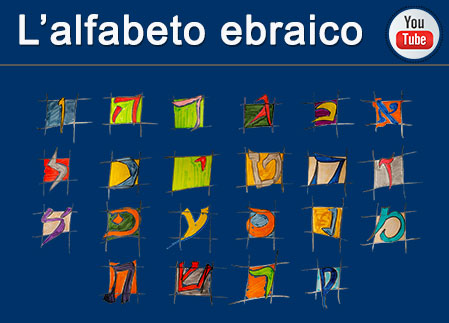Migliore, Celestino
Stati Uniti d'America 08/11/2007
Mr Chairman,My delegation thanks the Commissioner-General of the United Nations Relief and Work Agency for Palestine Refugees in the Near East (UNRWA) for this report, and commends her and her staff for their work, in spite of the continued violence and military activity in the area in which they operate.
The seemingly endless list of difficulties and differences separating Israelis and Palestinians can lead us to ignore the underlying fundamental questions which have plagued this region for far too long, such as the lack of persistent political will to reach a permanent solution.
At the heart of the matter remains the problem of injustice. To postpone endlessly the resolution of this conflict by a refusal to negotiate and to compromise reasonably, by indecision or by a willingness to maintain the status quo, is to perpetuate injustice. Whether such a mindset is deliberate or not does not alter the reality on the ground, namely, innocent people and entire families on all sides continue to suffer terribly and infrastructures are destroyed even before they are ready for use.
Mr Chairman,
The centrality of the Israeli-Palestinian conflict in the continuing instability in the Middle East and its impact on the whole international community cannot be ignored. Solving it will greatly contribute to ending other questions in the region and to greater understanding among the peoples of the world.
In this regard, my delegation remains convinced that the two-state solution has the best chance to settle the crisis. Bringing this solution to reality is not the primary responsibility of the Quartet, but of the parties directly concerned and the neighbouring countries who have immediate interests in the whole question. While the international community can only do so much in providing all the support needed to bring together those in conflict, it is indispensable that the parties must set aside the pretense of peacemaking and start full negotiations on the two-state solution. My delegation earnestly hopes that the international conference planned for the end of this month may move the peace process towards this end, towards the definition of a realistic accord that the parties will be determined to implement.
We all know that this is much easier said than done. The accumulated acts of injustice and violence across decades have resulted in deeply rooted recriminations and rage among peoples in the area, fueling the vicious cycle of violent retaliations. In a state of constant alarm and permanent anguish, peoples resort to forming communities in mutual isolation. This state of things makes a lasting solution much more difficult to find, because it is antithetical to building relationships and mutual trust which are necessary in any peace process and peaceful coexistence.
My delegation encourages groups within both the Israeli and Palestinian civil societies which, sharing the same loss and fear, reach out to one another to offer and receive forgiveness and reconciliation. We appeal not only to authorities, but to the entire Israeli, Palestinian and neighbouring peoples, to consider how much this disposition of mutual empathy can bridge their otherwise mutually exclusive and contradictory claims which have so far prevented talks to come to fruition. Let us learn from peoples who have succeeded in putting an end to their strife. Patient dialogue, persevering trust, the overcoming of religious and cultural prejudices, and a manifest desire of entire communities for peace have brought the restoration of harmony in many countries previously devastated by hatred and violence. For this reason, my delegation remains convinced that the different religious confessions in the Holy Land can make a significant contribution to resolving the conflict.
Finally, in the hope that the many problems of the region will at last be resolved by negotiation and dialogue, my delegation further underlines that a lasting solution must include the status of the Holy City of Jerusalem. In light of the numerous incidents of violence and challenges to free movement posed by the Security Wall, the Holy See renews its support for "internationally guaranteed provisions to ensure the City of Jerusalem the freedom of religion and of conscience of its inhabitants, as well as permanent, free and unhindered access to the Holy Places by the faithful of all religions and nationalities" (A/RES/ES-10/2).
Thank you, Mr Chairman.
239 visualizzazioni.
Inserito 01/01/1970
Relazioni Ebraico-Cristiane
Ultime novità nel sito
- 19/04/2020: Articolo - L’enigma della Maddalena
- 23/02/2020: Articolo - Il locus amoenus nelle catacombe ebraiche e cristiane di Roma
- 16/02/2020: Articolo - Il profetismo nel Vicino Oriente antico
- 13/02/2020: Articolo - I Profeti della Cappella Sistina
- 09/02/2020: Articolo - Gerusalemme e la Terra Santa di Israele


